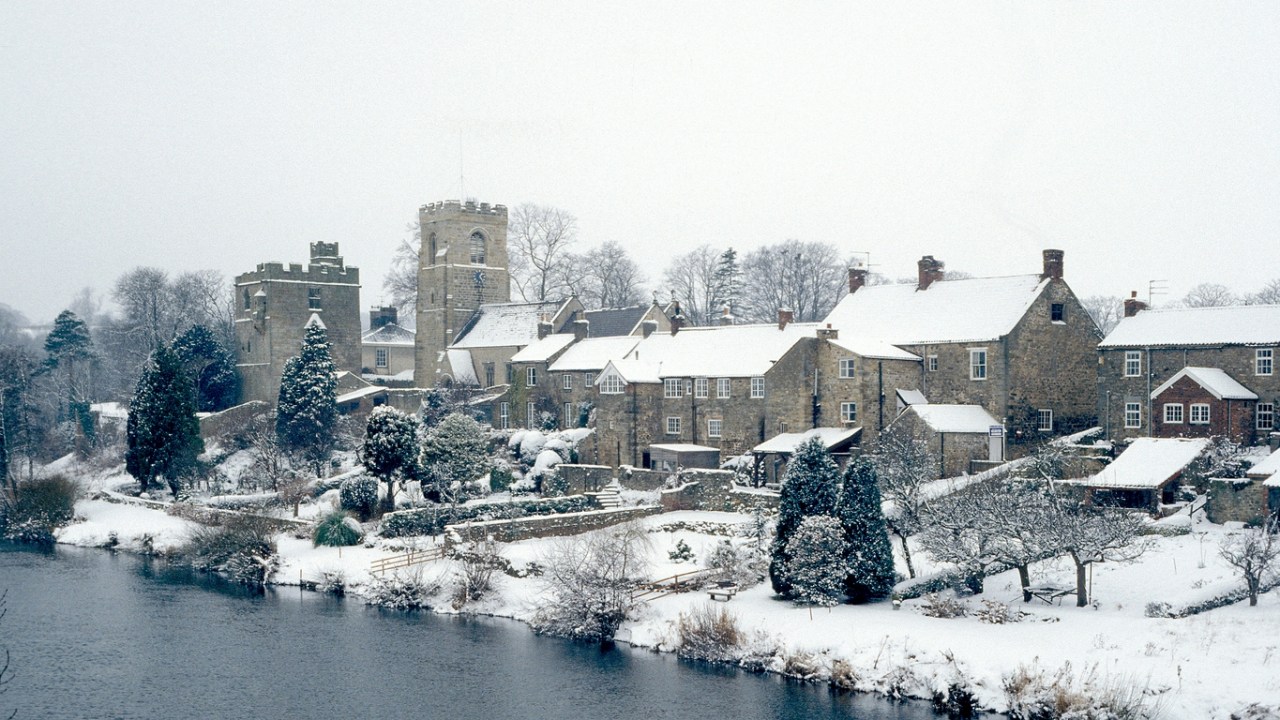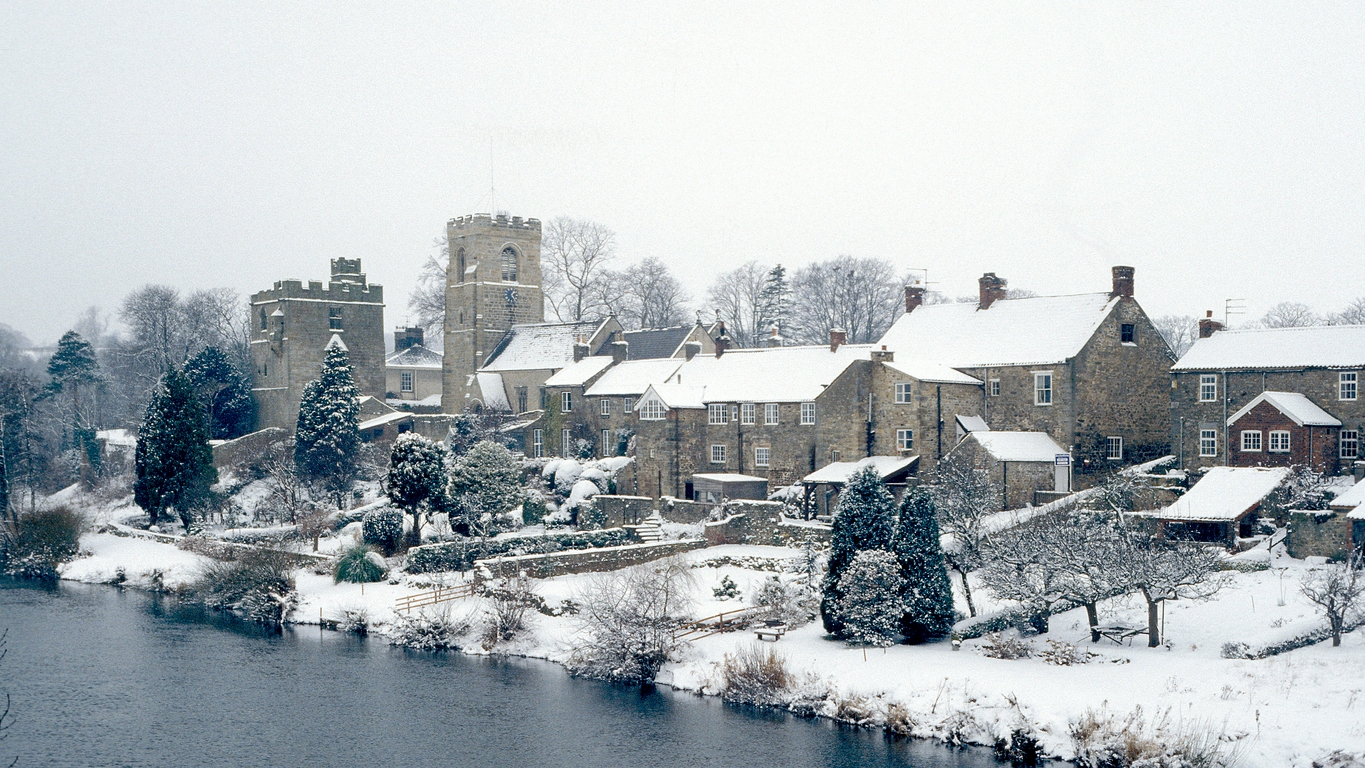Oh, do make your mind up. Is snow in Britain going to be eradicated for good due to climate change – or are we going to be plunged into arctic conditions as climate change breaks down North Atlantic currents and sets up blocking patterns which suck frost down from the North Pole for weeks on end?
If you have a preference for either of the above answers, the Met Office will be delighted to oblige. Today the Met Office is warning that climate change is going to do away with winter in Britain in any meaningful sense. According to Dr Lizzie Kendon, who works on climate projections for the organisation: ‘we are saying by the end of the century much of the lying snow will have disappeared entirely except over the highest ground.’ This, apparently, is a ‘wake-up call’ about climate change – although it is not entirely obvious why, aside from kids being deprived of an occasional day of fun in the snow, it signifies some grim future. On the contrary, many people might be pleased to see less snow, frost and ice – it could save a lot of time scraping cars as well as making the roads safer.
But leaving that aside, Dr Kendon’s claim certainly woke me up, though not for the reasons she had in mind. It caused me to start because I remember the many occasions in the past when the Met Office has warned the opposite: that climate change could plunge us into devastating cold snaps. During March 2013, the coldest spring in 50 years, for example, the Met Office’s then-chief scientist Dr Julia Slingo explained to ITV News that the snap could be blamed on cold air being displaced from a warming arctic. ‘If this is how climate change could manifest itself, then we need to understand that as a matter of urgency.’ The warming of the artic, she said, is ‘loading the dice’ toward cold dry winters.
Her words were backed up by the government’s then-chief scientific adviser Sir John Beddington, who also warned of more cold snaps:
‘In a sense we have moved from the idea of global warming to the idea of climate change, and that is rather important – yes, indeed, temperatures are increasing but the thing that is going to happen is that we are going to see much more variability in our weather.’
There were similar flurries of panic in December 2010, the coldest December for at least 100 years, and during the ‘beast from the east’ in March 2018, when a blocking pattern swept Siberian winds across the UK. That event, according to Professor Martin Siegert, a glaciologist at Imperial College was ‘in line with’ the predicted effects of global warming.
So winters are going to get more wintry – or maybe less wintry. Why can’t the Met Office and others just admit they don’t have the faintest clue? The only climate cycle that is certain is that dire predictions about Britain’s climate tend to be connected with the weather: when we have a hot spell it is a portent of a future of Stygian fires, when we have a cold snap it’s a sign of more brutal winters to come.
There is one general rule to dealing with this sort of thing: believe the recorded evidence, and take any form of prediction with a very large pinch of salt. Modelled projections are not ‘fact’ – they are educated guesswork. Of course, merely stating this inevitably leads to accusations of being a ‘denialist’. So let me just say once again, I am all for cutting carbon emissions at a rate the economy can take. But we should not panic ourselves into taking very foolish decisions in response to hyperbole on the part of the Met Office or anyone else.








Comments